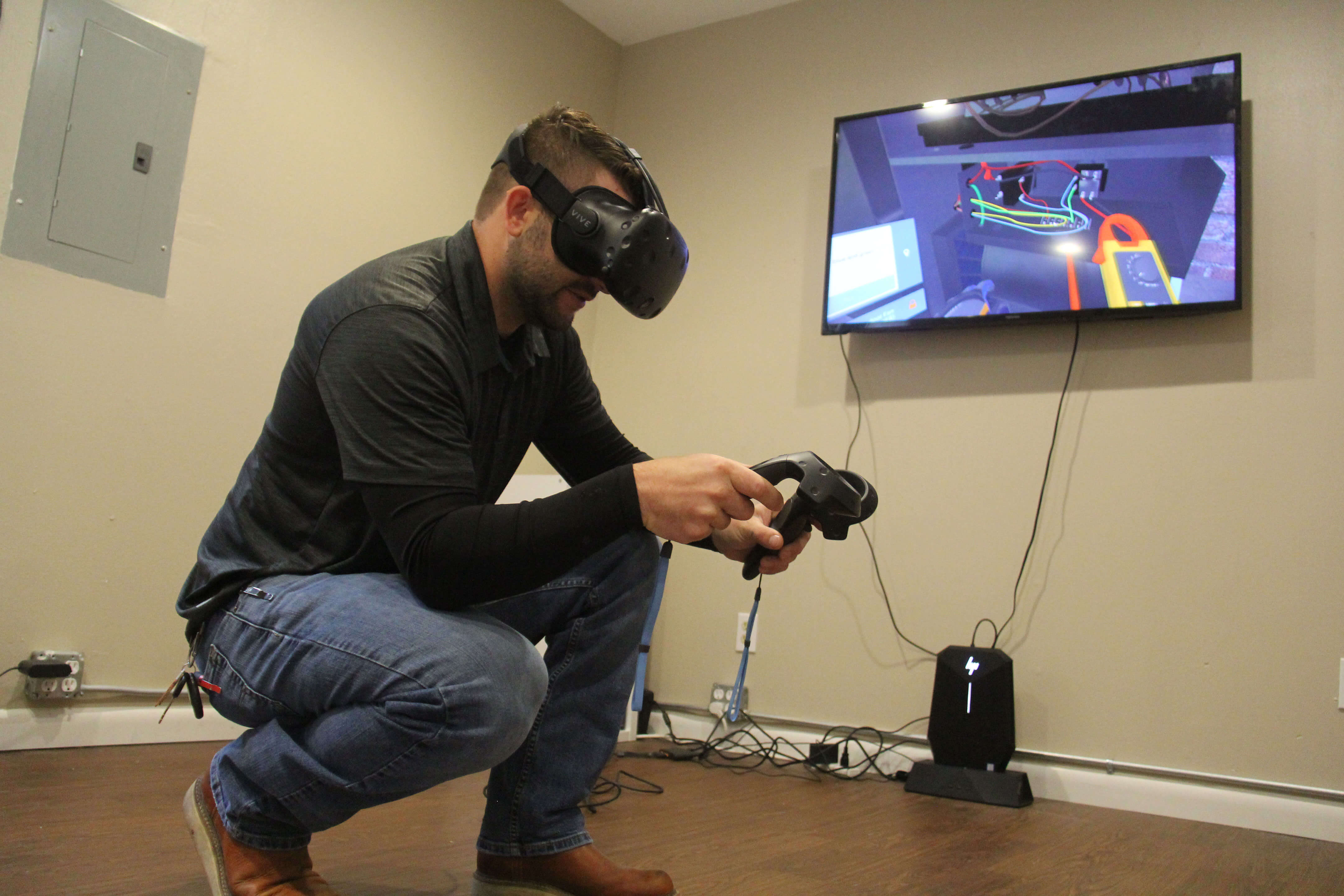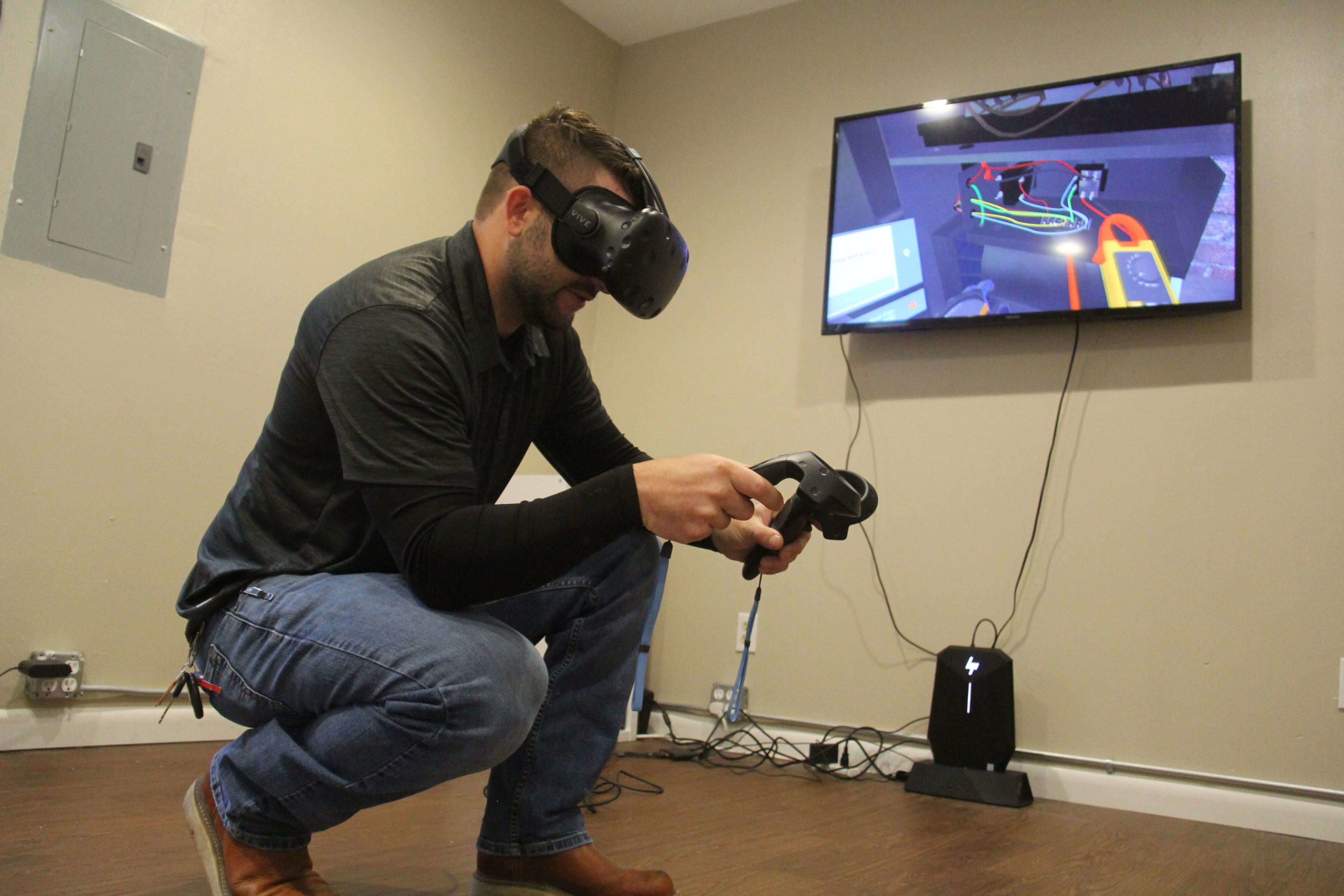 Virtual Reality has quickly evolved from a fun experimental technology, best suited for game-play, to a revolutionary training tool for businesses across all industries.
Virtual Reality has quickly evolved from a fun experimental technology, best suited for game-play, to a revolutionary training tool for businesses across all industries.
While early versions of VR showed limited potential, developers are now creating real-world, practical applications for design, sales, troubleshooting, and training. In addition to new applications, pricing of equipment and software have reached the point where it is no longer only available to the largest, most well-funded firms. Online-based 3D learning It is now cost-effective, and can even provide cost savings for businesses of all sizes.
VR can save time, money, and even provide experiences that would not be possible in the physical world.
In the HVAC industry, the potential for training technicians is a real world example that has the capacity to churn out better techs. Not only can it lead to technicians with better skills, but it can also do it in less time and for a much lower cost than traditional training.
The need for faster, more cost-effective training is more important than ever. With a large percentage of experienced techs reaching retirement age, the HVAC industry is facing a skills gap. It is essential to quickly and effectively train entry-level personnel and help mid-level employees increase their skill set and experience level. It is also necessary to offer this training within the constraints of ever-shrinking profit margins.
From the Classroom to Virtual Reality
Classroom learning isn’t the most exciting way to train employees for hands-on work. Classroom learning alone lacks the physical aspects that are proven to improve learning, comprehension, and retention. Real world, hands-on training can be very effective but it’s costly and nearly impossible to scale. It also doesn’t easily allow for the level of repetition essential for mastering new skills.
VR technology is well suited for all levels of HVAC techs from entry-level to highly experienced. Why?
- Techs can access training tailored to their specific learning needs.
- Available anytime, anywhere.
- More effective than just traditional training alone.
- Prepares techs for exams.
- Reduces the number of mistakes in the field.
- Techs get field-ready, faster.
Here are six reasons why including VR in your training programs churns out better techs:
1. Cost
Hands-on training is expensive. A training lab can easily cost you several thousand dollars. VR enables lower training costs because you don’t need the lab equipment and don’t have to worry about equipment maintenance. That means training budgets can stay reasonable and you get techs trained faster. This all helps you tackle head-on the critical skills gap facing the HVAC industry.
2. Flexibility
Due to the lower costs of modern VR equipment, techs can train anywhere, at any time. Instead of needing to gather everyone in the same place for training, employees can learn at their convenience. Modern VR software, such as products from Interplay Learning, can even track employee’s progress so you can be sure they are keeping up and completing the required courses. You can even assign courses by skill level. From foundational applied sciences to advanced troubleshooting, there are courses available on-demand for many up-skill needs.
3. Effectiveness
It may be hard to believe for those who learned with physical, hands-on training, but VR training is not only more cost-effective, but more effective in general for hands-on occupations. Traditional learning models alone (classroom training, PowerPoint presentations, etc.) are not sufficient for technical, hands-on work. The immersive training provided with VR has proven in study after study to help students retain more information. Visualization is considered one of the most powerful ways for us to remember.
Placing a tech in a VR, 3D simulated scenario helps them practice and learn more quickly. With the ability to physically repeat a task until it is perfected, the steps become ingrained in the muscle memory of the technician.
4. Speed
VR helps techs master new skills faster which means they can get into the field quicker. The more efficient way to learn a new skill is by doing it. While classroom learning, the reading of manuals, and observation expose techs to concepts and helps them with foundational learning, there is no faster way to improve than by doing. VR can reduce the time necessary to master a new skill because it allows the user to practice on-demand, repeatedly.
5. Increased Employee Satisfaction
What if techs could enjoy training? With VR training, employees, especially younger techs (millennials), may find training far more interesting, and even fun. This means they will be more engaged and eager to continue learning. Techs who are more engaged in training and who can do it at their own pace are likely to develop skills faster and with fewer mistakes. Well trained techs have higher job satisfaction rates, allowing them to advance into more senior positions, quicker. Keeping up job satisfaction will result in workers becoming valuable assets to your company.
6. The Best Instructors Create the Best Techs
As a top provider of 3D simulations and VR enabled HVAC training, Interplay Learning offers courses created by top industry experts. It would be nearly impossible for most companies to provide access to this type of high-level training to all of their employees. With affordable, online, on-demand 3D sims and VR enabled courses, you can churn out better techs by having them trained by the best.
What Training is Available?
The Interplay Learning course catalog currently offers more than 100 hours of on-demand video courses and over 200 troubleshooting training scenarios. Our VR 3D simulations include Residential AC, Gas Furnace, Gas Boiler, Commercial AC and more. Our course catalog is always growing, with new courses being launched monthly.
Download our e-Book to learn more about why VR is critical to your HVAC business.










